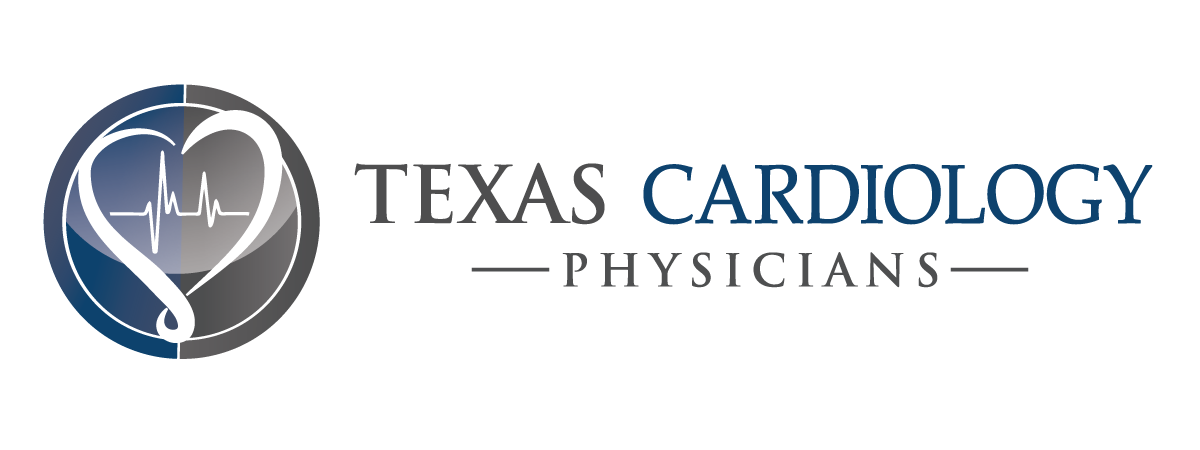
Understanding the Warning Signs: Recognizing Symptoms of Heart Disease
Your heart, a tirelessly pumping muscle, is the central hub of your circulatory system, delivering oxygen and nutrients throughout your body. However, like any machine, it can develop issues over time. Recognizing the warning signs of heart disease is vital for early intervention and prevention. Let’s explore some common symptoms that can signal heart problems.
1. Chest Pain or Discomfort
Chest pain or discomfort is often the most recognized symptom of heart disease. It can manifest as:
Angina: A feeling of pressure, squeezing, or fullness in the chest that may come and go. It’s often triggered by physical activity or stress and typically eases with rest or medication.
Heart Attack: A severe and prolonged chest pain that may radiate to the arms, neck, jaw, or back. It’s usually accompanied by shortness of breath, cold sweats, and nausea.
2. Shortness of Breath
Difficulty breathing, especially during physical exertion or when lying down, can be a sign of heart disease. It indicates that your heart may not be pumping blood effectively to meet your body’s demands.
3. Fatigue
Persistent fatigue that doesn’t improve with rest can be a warning sign. Your heart may be struggling to pump blood efficiently, leaving you feeling constantly tired.
4. Irregular Heartbeat (Arrhythmia)
Irregular heart rhythms, such as palpitations (a racing or fluttering feeling in the chest), can signal heart issues. Arrhythmias may be harmless, but some can increase the risk of stroke or other complications.
5. Dizziness or Fainting
Feeling lightheaded, dizzy, or fainting could be related to heart disease, especially if these symptoms occur suddenly. It may indicate a drop in blood flow to the brain.
6. Swelling
Swelling in the legs, ankles, feet, or abdomen can result from fluid retention, a common symptom of heart failure. Your heart may be struggling to pump blood efficiently, causing fluid to accumulate in your tissues.
7. High Blood Pressure
Hypertension, or high blood pressure, is a significant risk factor for heart disease. It often has no noticeable symptoms, which is why regular blood pressure checks are essential.
8. Other Symptoms
Less common but still important symptoms of heart disease can include: Jaw or throat pain, nausea or indigestion, pain that radiates down the arm, back pain, excessive sweating
Recognizing the symptoms of heart disease is crucial for early intervention and prevention. If you experience any of these warning signs, especially if they are persistent or severe, it’s essential to seek medical attention promptly. Remember that heart disease is often manageable with lifestyle changes, medication, or medical procedures when diagnosed early. Prioritizing heart health through a healthy lifestyle and regular check-ups can significantly reduce your risk of heart disease and its associated symptoms. Your heart deserves the care and attention it needs to keep you living your best, healthiest life.



